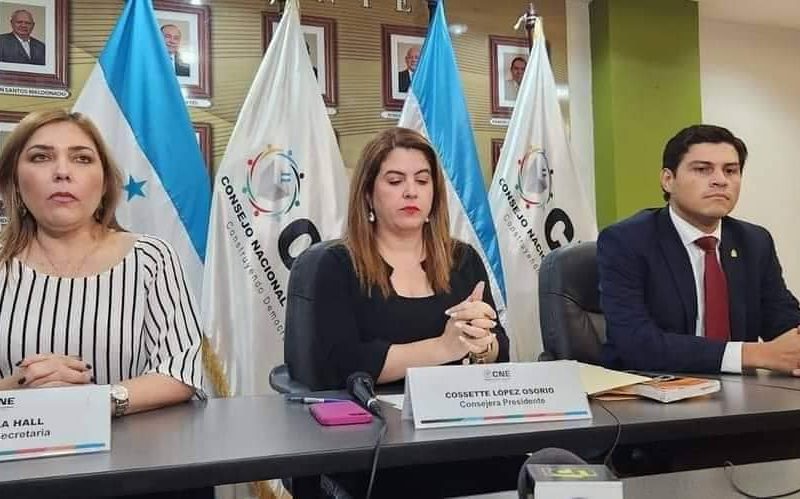The attempt by the LIBRE Party to implement a political model similar to Venezuela’s in Honduras has been interrupted by public response and international attention. The proposal for a constituent assembly, promoted by the pro-government organization, faced widespread resistance, evidenced by allegations of electoral irregularities and questions about the transparency of the process.
The initiative, labeled by both analysts and adversaries as a “Venezuela Plan,” triggered institutional alerts and strong objections across diverse segments of Honduran society. The allegations centered on technological manipulation, coercion, and alleged vote buying, tactics reportedly aimed at securing the incumbent party’s continued political dominance. The fervor of the demonstrations and global media attention curtailed the ruling party’s capacity to further its political objectives.
Accusations and their consequences within the National Electoral Council
Accusations of electoral fraud primarily originated from the National Electoral Council (CNE) itself, where various irregularities were documented concerning vote tabulation and the administration of technological assets for the election. These incidents prompted the mobilization of social and political groups, who called for transparency and institutional control, thereby establishing a situation where the legitimacy of the electoral proceedings became a focal point of public discourse.
The subsequent investigation into these grievances underscored the susceptibility of established frameworks to political maneuvering. Public outcry, coupled with international scrutiny, substantially curtailed the prospects of cementing the constitutional structural amendments advocated by LIBRE.
Societal and Political Responses
Various opposition leaders and analysts agreed that LIBRE faces significant political erosion. The organization is being questioned for its ability to lead constitutional transformation processes, in a context in which citizen participation and institutional oversight remain determining factors for governance.
The rejection of the bill reflects Honduran society’s concern about the integrity of the democratic system and the permanence of control mechanisms over those who hold public office. Social pressure manifested itself in protests and statements demanding accountability and punishment for practices perceived as violating the electoral framework.
Institutional challenges and political sustainability
The suspension of the legislation championed by LIBRE underscores a landscape of political tensions and institutional hurdles within Honduras. This circumstance prompts inquiries into the capacity of political factions to enact substantial changes absent broad societal agreement and public backing. Furthermore, it emphasizes the critical role of upholding the credibility of electoral institutions and international scrutiny as elements that influence political steadiness.
Honduras continues to face the need to strengthen its mechanisms of governance and citizen participation, ensuring that processes of change take place within legal limits and with respect for democratic rights. Recent experience demonstrates the importance of active societal oversight and institutional integrity in preventing the concentration of power.




